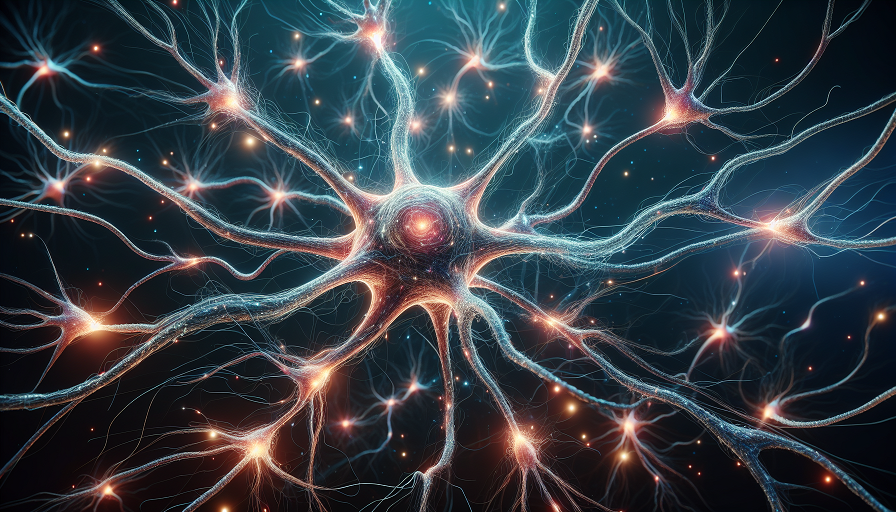
In today’s hyper-connected world, it’s easy to feel overwhelmed by the constant influx of information. Screens demand our attention at every turn, and you may have heard that the solution is a digital detox. But what if stepping away from your devices isn’t the magical fix everyone claims it to be? Let’s dive into why digital detoxes often don’t work and, more importantly, explore some alternatives that just might help restore balance to your life.
Contents
The Myth of the Digital Detox
The idea behind a digital detox is simple: take a break from your devices to clear your mind, reduce stress, and seek clarity away from screens. It sounds promising, right? But the effectiveness of this strategy is often overstated, and here’s why.
Temporary Solutions
Digital detoxes are typically temporary. While it might feel refreshing to unplug for a few days, most people find themselves back to their old habits almost immediately after reconnecting. Without addressing the underlying issues, such as poor time management or a lack of boundaries with technology, a one-off digital detox won’t provide lasting benefits for your brain health.
The Allure of Instant Gratification
Our brains are wired to enjoy the so-called “hits” of pleasure we get from social media likes, notifications, and new messages. This instant gratification is hard to resist, and going cold turkey doesn’t necessarily teach you how to moderate your device usage in a sustainable way.
Understanding the Constant Noise
To truly make an impact on your mental wellbeing, it’s crucial to understand why our digital lives have become so overwhelming. The never-ending stream of emails, notifications, news, and social media updates creates a mental clutter that’s difficult to escape.
Information Overload
With so much information available at our fingertips, it’s easy to become overly consumed by everything happening online. Learning how to filter out unnecessary noise and focus on what’s truly important can relieve stress and give your brain more space to think clearly.
Lack of True Human Connection
As our interactions increasingly move online, we might feel as if we’re constantly connected. However, the quality of these connections is often superficial, which can leave us feeling isolated despite being “plugged in” all the time. Re-establishing meaningful, offline relationships can help bridge that gap and improve our mental health.
Finding What Works: Strategies Beyond the Detox
Rather than relying on temporary fixes like digital detoxes, consider these healthier and more sustainable strategies to improve your brain health.
Practice Mindfulness
Mindfulness techniques, such as meditation and deep breathing exercises, help you focus on the present moment and reduce stress. By incorporating mindfulness into your daily routine, you can develop a more peaceful relationship with your devices.
Set Intentional Technology Use
Creating boundaries with your technology is essential. Set specific times to check your devices, and let others know when you’re unavailable. By controlling when and how you engage with your devices, you can prevent them from controlling you.
Establish a Digital Diet
Instead of completely cutting off your access to devices, try a digital diet. Limit your screen time gradually and focus on prioritizing activities and interactions that are most important to you. By slowly reducing your usage, this creates healthy habits that stick.
Explore Nootropics and Brain Supplements
For those looking for an added boost in mental performance, consider exploring nootropics or brain supplements. These substances, which range from amino acids to plant extracts, are believed by some to improve brain function. Always remember to consult with a healthcare professional before trying new supplements to ensure they’re safe and appropriate for you.
Engaging in Physical Activity
Physical exercise has profound benefits on mental health. Activities like walking, yoga, or even a short indoor workout session can refresh your mind and improve your mood. Exercise releases endorphins, which can help counteract the feelings of stress and fatigue that often accompany digital overload.
Find Your Passion Projects
Engaging in hobbies or activities that ignite your passion can provide a fulfilling distraction from digital devices. Whether it’s painting, gardening, writing, or cooking, having something you enjoy and can lose yourself in will not only offer a break from screens but also enhance your sense of accomplishment and life satisfaction.
Creating a Balanced Digital Environment
Rather than aiming for a complete digital detox, work towards creating a balanced digital environment that supports your mental and emotional well-being. Here are some additional strategies to consider:
Curate Your Feed
Take control of the content you consume by curating your social media and news feeds. Unfollow accounts that don’t add value or bring negativity into your life, and instead, follow ones that inspire, educate, or make you smile.
Use Technology to Your Advantage
There are numerous apps designed to help manage your digital usage. Apps that monitor screen time, block distracting websites during certain hours, or remind you to take breaks can promote healthier tech habits.
Create Tech-Free Zones
Designate certain areas of your home as tech-free zones. This might include your bedroom, dining room, or any space where you want to focus on relaxation or interpersonal interactions without digital distractions.
Reclaiming Your Mental Space
Digital detoxes might offer a temporary respite, but if you’re looking for long-lasting mental relief, it’s essential to incorporate habits that build a balanced relationship with technology. By understanding the causes of digital stress and implementing strategies like mindfulness, intentional technology use, and exploring supplementary routes like brain supplements, you can reclaim your mental space and cultivate a healthier, less chaotic digital life.

